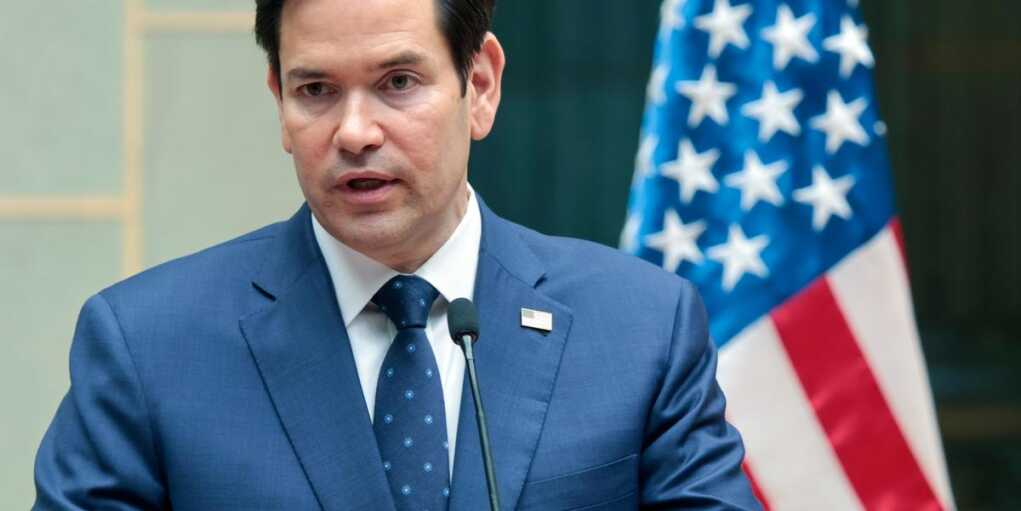Rubio Crushes Censorship Machine At State Department

Secretary Rubio announced on Wednesday that the State Department is officially shutting down the Global Engagement Center (GEC), fulfilling a major Trump administration goal of dismantling the so-called “censorship-industrial complex.”
Rubio delivered the news in an op-ed published by the Federalist, writing, “Today, it is my pleasure to announce the State Department is taking a crucial step toward keeping the president’s promise to liberate American speech by abolishing forever the body formerly known as the Global Engagement Center.”
The GEC originally aimed to combat terrorist propaganda, but that changed under the Obama administration in 2016. Rubio explained that Obama’s team broadened the mission to target “any and all” foreign and domestic narratives they disliked, including conservative viewpoints. Rick Stengel, Obama’s point man at the GEC, openly redefined “democracy” as justification for silencing Americans who didn’t align with the Left’s agenda.
In 2019, Stengel went as far as equating President Trump’s campaign messaging to Russian and ISIS propaganda. That same year, he wrote an entire article calling for the U.S. to adopt a hate speech law. For Rubio, this was proof that the GEC had become a weapon for the Left to crush dissent under the false banner of protecting democracy.
The GEC’s partnership with the Election Integrity Partnership (EIP) further exposed its partisan bias. Rubio stated that the EIP “pretty much exclusively singled out accounts and narratives associated with President Trump and his supporters,” even going as far as flagging Trump’s own tweets, along with those from his family and allies.
Funded by taxpayers, the GEC handed out grants across the globe to entities committed to suppressing speech in the name of fighting “disinformation.” One of the most glaring recipients was the Global Disinformation Index—a group that ranked media outlets based on whether they were likely to spread so-called misinformation.
What did that index find? Predictably, it declared that center-right media like the Federalist and New York Post were among the “worst offenders,” while far-left outlets like HuffPost and ProPublica were deemed safe havens of truth. That’s not journalism—it’s institutionalized bias funded by the American people.
Rubio called out this hypocrisy directly, writing that the entire disinformation racket “has existed to protect the American establishment from the voices of forgotten Americans.” He torched the left-wing myth that Russian meddling and misinformation were the reasons for Trump’s 2016 victory. The truth, Rubio said, is that Trump won by offering the American people a message the establishment refused to hear.
“This administration will fight false narratives with true narratives, not with heavy-handed threats decreeing that only one ‘truth’ be visible online,” Rubio said. “The American people don’t need an obscure agency to ‘protect’ them from lies by pressuring X to ban users or trying to put The Federalist out of business.”
Rubio also hosted a live discussion on the subject with Mike Benz, a former State Department official and now Executive Director of the Foundation for Freedom Online. Benz has long warned about the dangers of government-corporate collusion to suppress speech under the pretense of moderation.
The move to dismantle the GEC comes as the Trump administration steps up its battle against the unelected bureaucracies that have long targeted conservative speech. From tech censorship to shadowy intelligence-linked nonprofits, the censorship regime has thrived by labeling dissenting views as “disinformation” and using federal power to crush them.
By shutting down the GEC, Rubio has drawn a clear line: the federal government will no longer bankroll speech suppression. It’s a bold, decisive move that prioritizes the rights of the American people over the comfort of the elite class.
This isn’t just a win for conservatives—it’s a major pushback against a growing apparatus that sees free speech as a threat to their grip on power. And it’s only the beginning.

